- By Jordan Frith
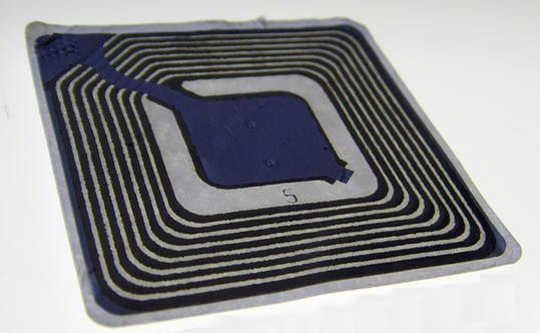 An almost invisible electronic device used all over the world – best known to much of the public for helping reunite lost pets and their owners...
An almost invisible electronic device used all over the world – best known to much of the public for helping reunite lost pets and their owners...
- By Nadia Naffi
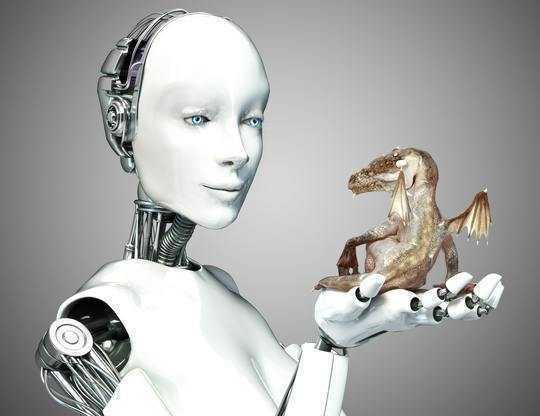 The ancestors of modern birds were the sole survivors of one of the most severe mass extinction events in the history of the world. Today, 10,000 known bird species exist, all of them the descendants of dinosaurs.
The ancestors of modern birds were the sole survivors of one of the most severe mass extinction events in the history of the world. Today, 10,000 known bird species exist, all of them the descendants of dinosaurs.
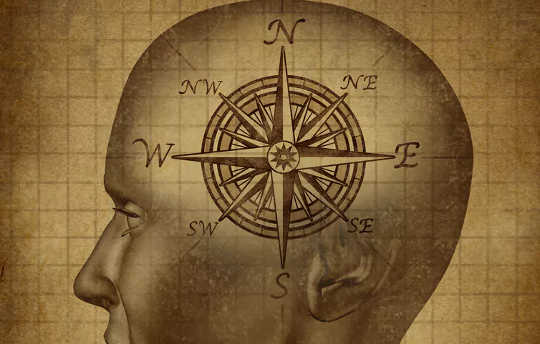 Do human beings have a magnetic sense? Biologists know other animals do. They think it helps creatures including bees, turtles and birds navigate through the world.
Do human beings have a magnetic sense? Biologists know other animals do. They think it helps creatures including bees, turtles and birds navigate through the world.
- By Zia Wadud
 One of the most attractive things about driverless cars is their potential to free up the time spent driving from A to B. People travelling by driverless cars will be able to spend their time by working or reading, instead of focused on the road, driving.
One of the most attractive things about driverless cars is their potential to free up the time spent driving from A to B. People travelling by driverless cars will be able to spend their time by working or reading, instead of focused on the road, driving.
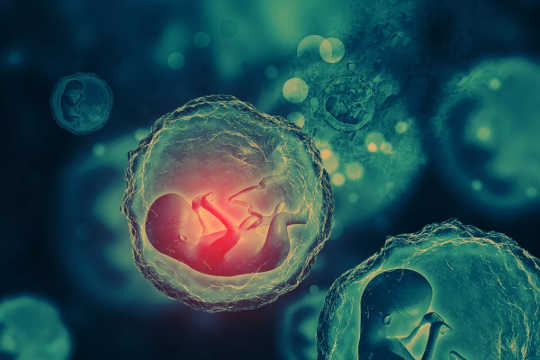
Bioethicist Matthew Liao is open to genetic engineering in theory, but he says he was rather horrified to learn that twin girls had been born in China after a researcher genetically modified their embryos to resist HIV infection.
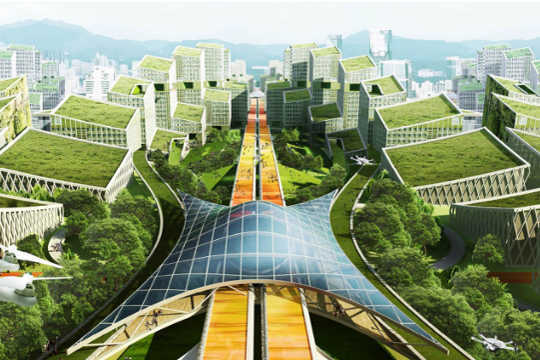
The Fabrication City concept puts manufacturing back in the hands of communities — using 3D printers.
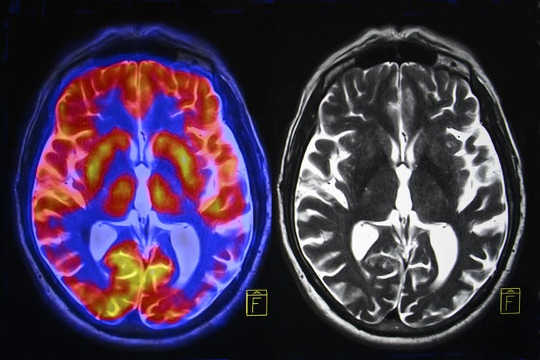
The part of the brain that processes visual information, the visual cortex, evolved over the course of millions of years in a world where reading and writing didn’t exist.
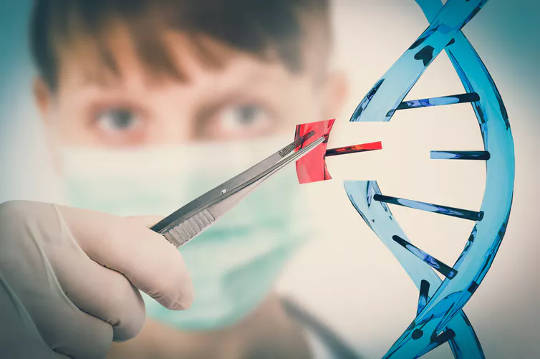
In most of the trillion cells that make up our bodies, 23 pairs of chromosomes store the vital strands of DNA needed to make our bodies grow and function properly. But if the amount of genetic material within our cells is a bit too much or too little, then this can potentially interfere with normal development.
 “An evil suicide game” was how one newspaper described the “Momo challenge”, a so-called game that supposedly involved children receiving a series of threatening and increasingly dangerous instructions from an anonymous contact on their smartphone.
“An evil suicide game” was how one newspaper described the “Momo challenge”, a so-called game that supposedly involved children receiving a series of threatening and increasingly dangerous instructions from an anonymous contact on their smartphone.

The gambler, the quantum physicist and the juror all reason about probabilities: the probability of winning, of a radioactive atom decaying, of a defendant’s guilt.

Is your face long? Wide? Big nose? Small ears? High forehead? It’s our faces that characterise how the world sees us, and how we recognise our close friends and family
- By Amy LaViers
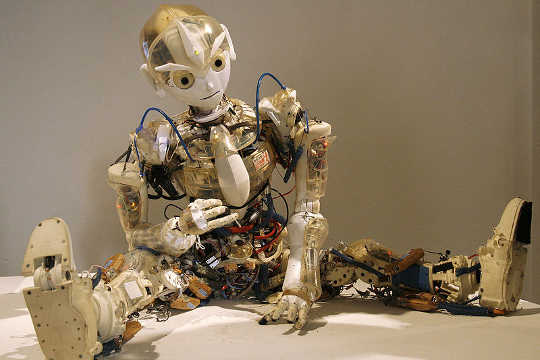
A colleague of mine, a roboticist, recently proclaimed that if one could teleoperate the robot he developed in his lab, it could hold down a desk job.
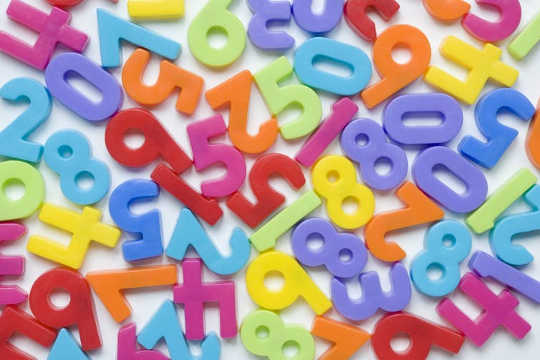
Official figures are produced to serve particular ends. Their names are mere labels, with no connection to infallible underlying stable properties. Most of the time, the statistics that politicians and the media quote do not reveal scientific facts.
- By Jenny Graves

Mismatch between biological sex and gender identity, culminating in its severest form as gender dysphoria, has been ascribed to mental disease, family dysfunction and childhood trauma.
- By Nigel Linge
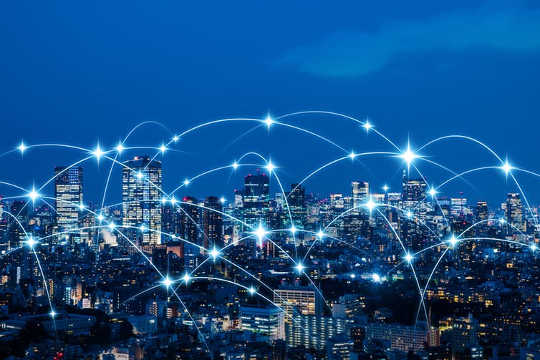
Never in the history of the mobile phone has there been so much hype about a new technology ahead of its launch than there is with 5G.
 Suppose you toss a coin and get four heads in a row – what do you think will come up on the fifth toss? Many of us have a gut feeling that a tails is due. This feeling is called the Gambler’s Fallacy.
Suppose you toss a coin and get four heads in a row – what do you think will come up on the fifth toss? Many of us have a gut feeling that a tails is due. This feeling is called the Gambler’s Fallacy.
 Has there ever been an invention so integral to our lives, and so intimate, as the smartphone? Yet they are slippery things.
Has there ever been an invention so integral to our lives, and so intimate, as the smartphone? Yet they are slippery things.
- By Cris Brack
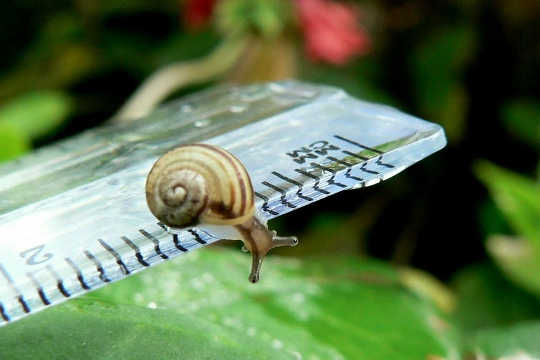 I teach measurement – the quantification of things. Some people think this is the most objective of the sciences; just numbers and observations, or what many people call objective facts.
I teach measurement – the quantification of things. Some people think this is the most objective of the sciences; just numbers and observations, or what many people call objective facts.
- By Ross Piper
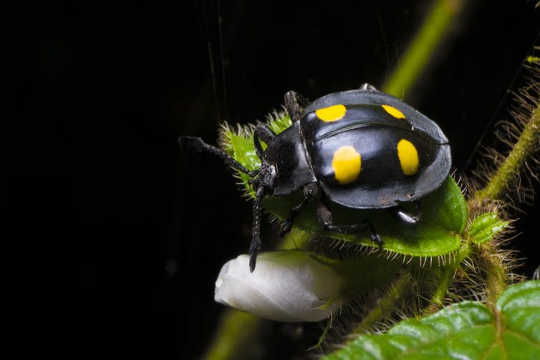 For thousands of years humans turned to nature to cure and soothe their ills. Modern science built on these ancient foundations and the “natural product discovery” programmes established by pharmaceutical companies provided us with medicines that could treat cancer, infections and more.
For thousands of years humans turned to nature to cure and soothe their ills. Modern science built on these ancient foundations and the “natural product discovery” programmes established by pharmaceutical companies provided us with medicines that could treat cancer, infections and more.
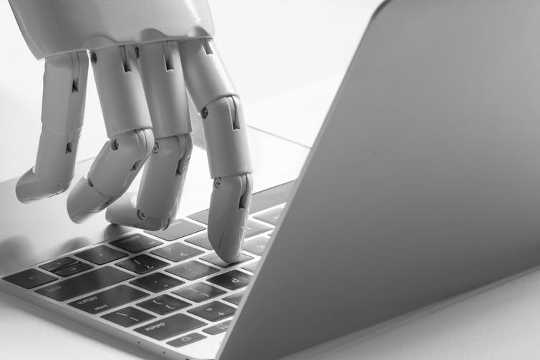 The Internet of Things is a popular vision of objects with internet connections sending information back and forth to make our lives easier and more comfortable.
The Internet of Things is a popular vision of objects with internet connections sending information back and forth to make our lives easier and more comfortable.
 Many Americans find themselves bombarded by expert advice to limit their screen time and break their addictions to digital devices – including enforcing and modeling this restraint for the children in their lives.
Many Americans find themselves bombarded by expert advice to limit their screen time and break their addictions to digital devices – including enforcing and modeling this restraint for the children in their lives.
Today, the scientific community is aghast at the prospect of gene editing to create “designer” humans.
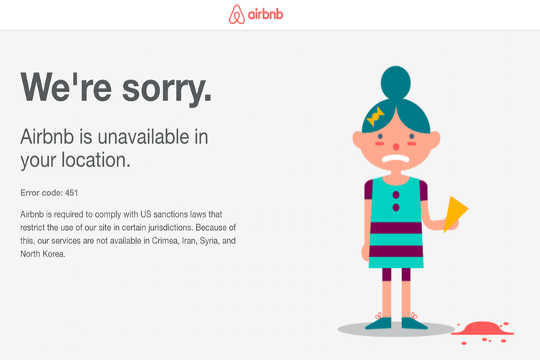 What the internet looks like to users in the U.S. can be quite different from the online experience of people in other countries.
What the internet looks like to users in the U.S. can be quite different from the online experience of people in other countries.















